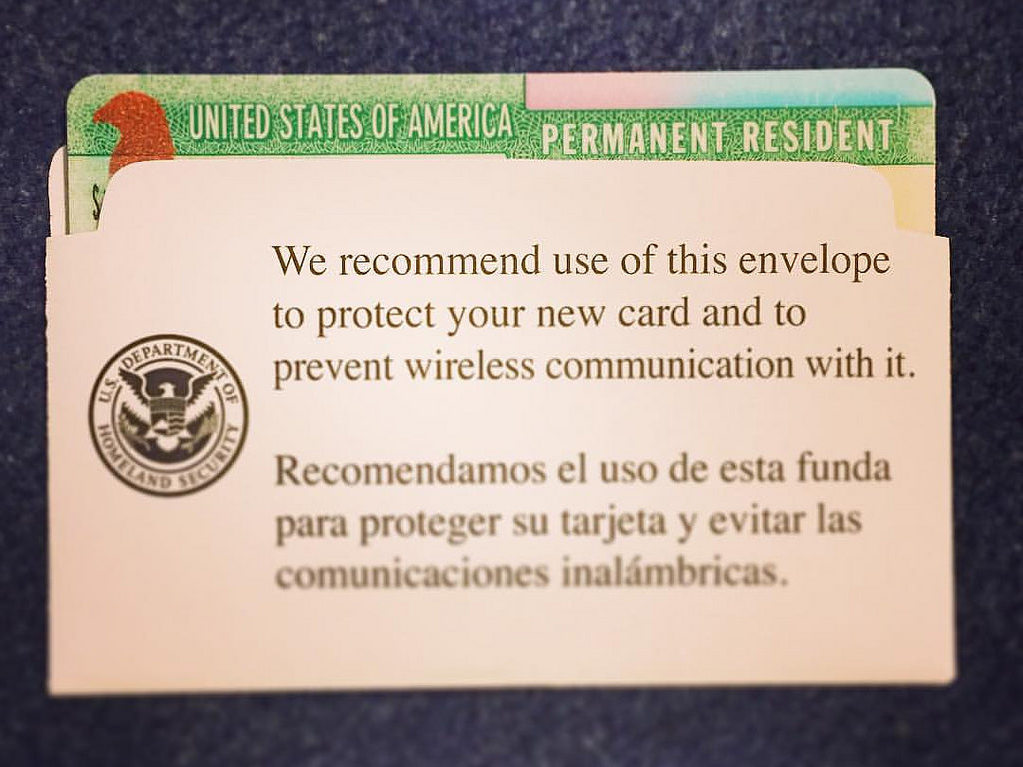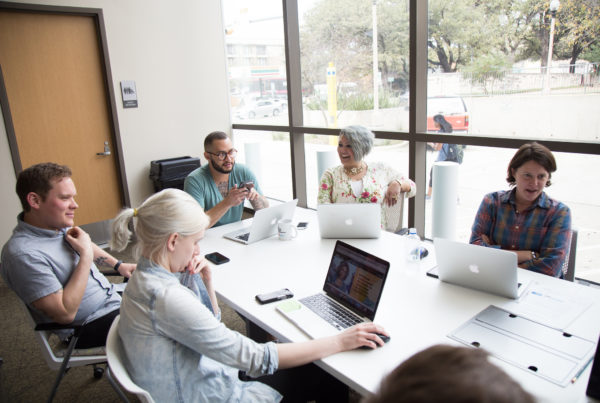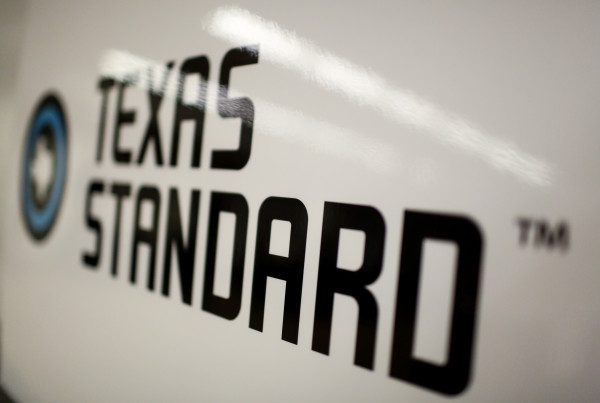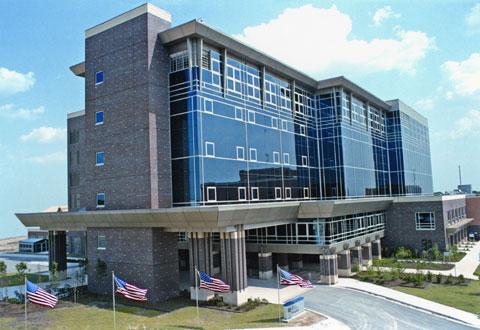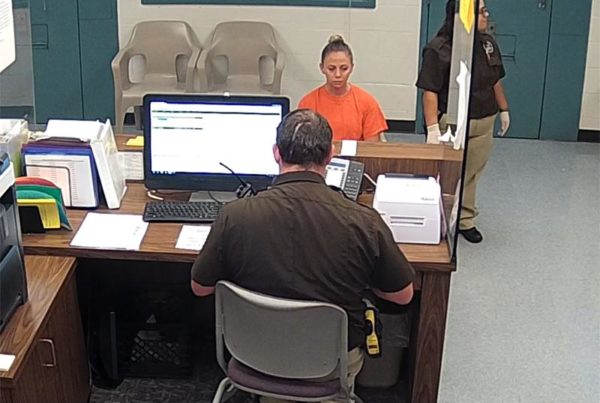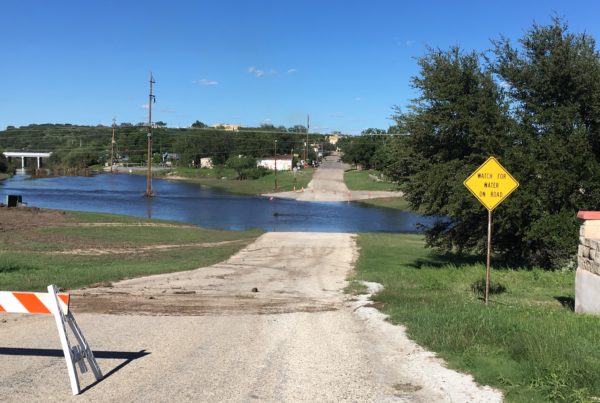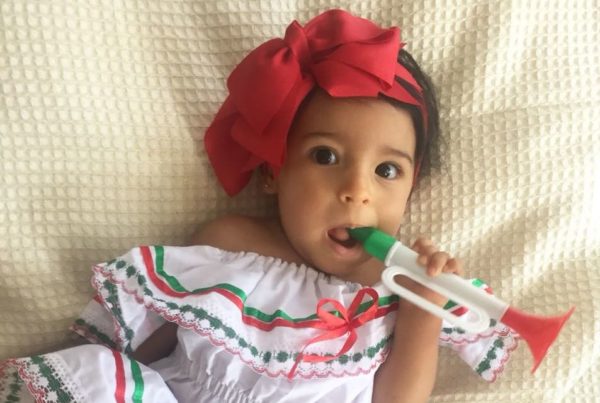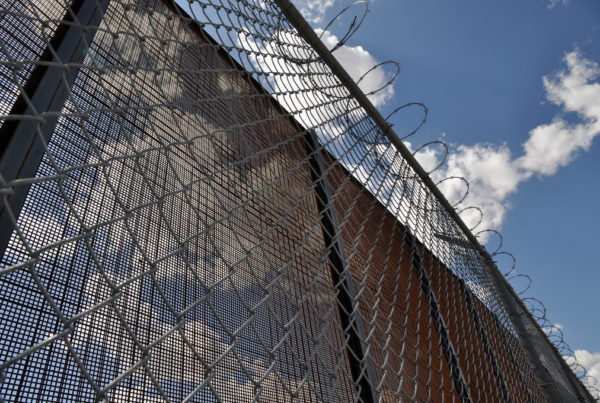Sunday night, the Department of Homeland Security released a proposed rule to overhaul how the government determines which immigrants could be considered a “public charge.” That means that some immigrants who use certain public benefits like Medicaid or food stamps, or live in public housing could find their green card application in jeopardy.
Carolina Canizales, Texas Campaigns strategist with the Immigrant Legal Resource Center, says the rule would affect a large group of legal immigrants.
“Immigrants can be denied so-called lawful permanent residency if they receive certain government benefits … and if the government anticipates that they may do so in the future,” Canizales says.
Now, she says organizations like hers have 60 days to submit a public comment about the proposed rule. She says ILRC and other national organizations are going to take the opportunity to speak out agains the proposal. Canizales says the rule would impact, in particular, poor single women of color.
“We believe it’s putting lives at risk because they’re gonna force people to, you know, decide whether they want to stay healthy and get assistance, versus [if] they want to get citizenship in the future or residency in the future,” Canizales says.
The existing public charge rule has been around since the early 2000s, Canizales says, and it was made to give the government a way to deny citizenship or residency to people who it determined would be a burden to public assistance programs. But she says that rule wasn’t as specific as the new one proposed by the Trump administration.
“It was a case-by-case basis and was not as specific as like, if you get, you know, all these types of assistance, you’re not gonna, you know, be able to legalize,” Canizales says.
The rule would only affect legal immigrants because undocumented immigrants don’t have access to federal benefits, but that is a large group of people.
Canizales says the proposed rule follows other “targeted immigration rules,” laws and executive orders made by the Trump administration.
She recommends that families who use public benefits for essential medical care or nutrition should not stop using the services; they should wait to see when and if the rule is actually implemented.
“In the 60 days, people should stay the way they are but start getting information on public charge, and start reading,” Canizales says.
She says organizations are starting to publish literature to help people better understand how the rule would affect them. In the meantime, Canizales says her organization is going to try to change the rule during the public-comment period.
“We are going to fight … so that people can continue to get some of those services and not get blocked from all of it,” Canizales says.
Written by Caroline Covington.


